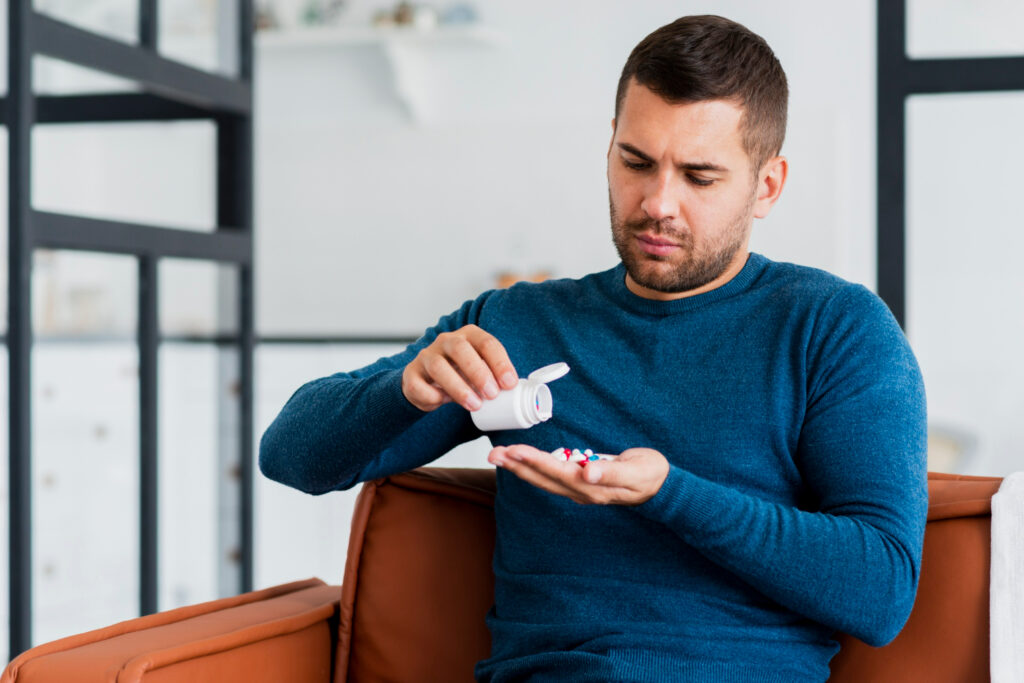Substance use disorders present complex challenges for individuals seeking a path to recovery. Overcoming addiction involves addressing both the psychological and physiological aspects of the condition. One established approach within the medical and therapeutic community is medication assisted treatment, often referred to as MAT. This method combines pharmacological treatments with counseling and behavioral therapies to provide a comprehensive strategy for managing substance use disorders. It is a patient-centered approach designed to support long-term recovery.
What Is Medication Assisted Treatment?
Medication assisted treatment is the use of medications, in combination with counseling and behavioral therapies, to provide an approach to the treatment of substance use disorders. The medications used in MAT are prescribed and managed by qualified medical professionals. This treatment strategy is tailored to meet the specific needs of each individual.
The primary goal of MAT is to normalize brain chemistry, block the euphoric effects of alcohol and opioids, relieve physiological cravings, and normalize body functions without the negative effects of the substance being used. By managing withdrawal symptoms and cravings, the medications used in MAT allow individuals to focus on their recovery process. This stability enables them to engage more effectively in counseling and therapy, where they can address the behavioral and psychological components of their addiction.
Who Is It For?
MAT is primarily designed for individuals diagnosed with an opioid use disorder or an alcohol use disorder. The decision to begin MAT is made following a thorough assessment by a qualified healthcare provider. This evaluation will review a person’s substance use history, physical health, and mental health status.
This treatment may be suitable for people who have struggled with relapse or have not found success with non-medicated approaches alone. It provides a structured and supportive framework for individuals who require medical intervention to manage the physical aspects of addiction. MAT programs are available for adults depending on the specific circumstances and clinical guidance. The treatment plan is individualized to the patient’s unique situation and recovery goals.
What Does It Involve?
The prescribed medication works to reduce cravings and withdrawal symptoms, which creates a foundation for recovery. For opioid use disorder, common medications include buprenorphine, naltrexone, and methadone. For alcohol use disorder, medications may include naltrexone, acamprosate, and disulfiram. A medical professional administers and monitors these medications to manage their effectiveness and adjust dosages as needed.
Counseling is a fundamental part of MAT. It can take the form of individual therapy, group therapy, or family counseling. These sessions can help individuals develop coping strategies, identify triggers, and address underlying issues contributing to their substance use. The combination of medication and therapy creates a multifaceted approach that addresses the full spectrum of challenges associated with addiction.
Seek Professional Rehabilitation Services
Navigating the path to recovery from a substance use disorder often requires professional guidance and a structured treatment plan. If you or someone you know is struggling with addiction, seeking help from qualified rehabilitation services is a proactive step toward healing. Medical and therapeutic professionals can provide a complete assessment and develop a personalized treatment plan that may include medication assisted treatment.

